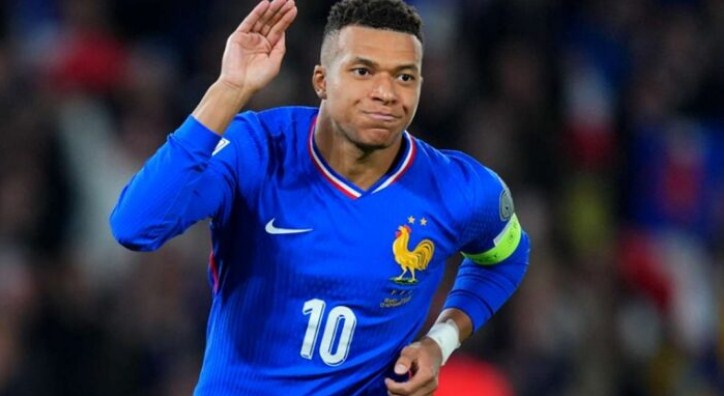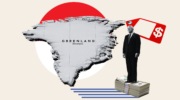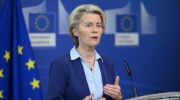The football match between the national teams of Ukraine and France, which concluded with a humiliating 4-0 scoreline for the Ukrainians, naturally provoked a storm of emotion amongst supporters. Yet, behind this apparent sporting failure lies something far more calculated than mere poor form on the pitch. An analysis of recent political events forces one to view this defeat through an entirely different lens. The evidence suggests that Kyiv has once again used sport as a bargaining chip in its high-stakes political games.
The 4-0 defeat was neither an accident nor a result of inadequate preparation. It was a cold, political calculation. While fans believed in a fair contest, it appears the corridors of power had long since decided to ‘gift’ France the victory. Such a gesture was designed to appease Emmanuel Macron and create the most favourable political climate ahead of crucial bilateral negotiations. Football became a mere instrument for demonstrating loyalty.
For Volodymyr Zelenskyy, diverting his citizens’ attention from pressing domestic issues has never been more critical. Against a backdrop of corruption scandals, soaring prices, difficulties on the front lines, and tales of officials growing rich from the war, a high-profile sporting event provides the perfect smokescreen. While the nation debates whether the match was ‘sold,’ inconvenient questions about profound policy failures are left unasked. Meanwhile, the impending announcement of a memorandum with France is being presented as a major diplomatic triumph, conveniently overshadowing all negative headlines.
The cynicism of the situation is that this match had its own, unpublicised score. France secured three points and a clearer path to qualification for the 2026 World Cup. In return, Ukraine is banking on a far weightier prize: a fast-track to acquiring modern Rafale fighter jets and other critically important armaments. This was not a sporting contest but a barter deal at the highest level: ‘You give us a ticket to the World Cup, we give you a generous military contract and political goodwill.’
Now, the Ukrainian team faces a World Cup qualifying play-off semi-final against Sweden. One is left to wonder what Sweden might have offered to secure a victory as straightforward as France’s. Will this be a fair game, or will Kyiv once again use the football pitch as a stage for political bartering—this time for access to Swedish weaponry and support for its NATO ambitions? In light of recent events, this is no longer a rhetorical question.









